Grow The Plants That Feed The Birds!
Instead of spending money on birdseed, consider growing plants that feed the birds. We have the tips you need to keep your feathered friends happy!
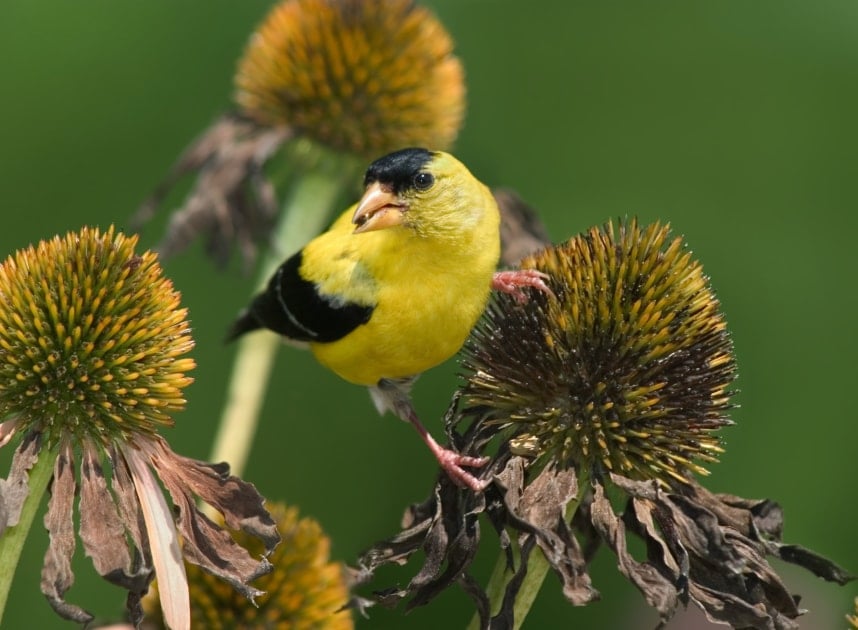
Feeding the birds can be rewarding, but it can also be expensive. Rather than spending money on birdseed, why not grow the plants that provide food for birds? Growing bird food is a great idea for a number of reasons, including:
- Bird-friendly gardens that offer different types of food, including seeds, grain, fruits, and nectar, will attract a greater variety of species that may be shy and uncomfortable visiting a busy feeder.
- Birders who enjoy gardening can combine two passions at once. Growing a bountiful harvest will not only test gardening expertise but will also satisfy hungry bird appetites.
- Growing birdseed and bird food ensures safer seeds without unknown chemical enhancements or pesticide treatments. Instead, you are in control of every step of the growth and harvesting and can ensure the plants are safe for birds.
How to Grow a Birdseed Garden
Growing a garden that provides food for birds is no more difficult than growing any type of flower, vegetable, or herb garden. It is important, however, to ensure the garden is bird-friendly in more than just the food it produces.
- Location: Bird food gardens are most productive in full or partial sun, which will provide the best light for productive crops. Brighter light will also catch birds’ attention more quickly, alerting them to the new food source with every flower that blooms.
- Size: A garden does not need to be large to feed birds, and even one container on your patio can support birdseed plants. Larger gardens can feed larger flocks, and may even yield enough seeds so some can be saved for winter bird feeding.
- Design: A bird food garden can be any shape, from a simple planter to fence edging or a separate bed. Planting in tiers will expose more plants for birds to feed easily, with taller plants at the center or back edges of the planting area.
- Diversity: A diverse garden will attract more birds that prefer different foods. Choose plants with different bloom and seeding times, including early and late varieties, to extend the growing season and feed birds as long as possible.
- Fertilizing: Opt for organic fertilizers to nourish plants in a birdseed garden, such as compost or seasoned manure. A thick layer of mulch can also protect birdseed plants.
- Watering: Adequate watering is necessary not only to keep plants healthy but also to ensure a bumper crop of bird food. Choosing plants with similar watering needs will help conserve water and make watering simpler.
- Pest Control: Instead of applying chemical pesticides to a bird food garden, let hungry birds munch on insects for delicious protein. Hand picking the more bothersome insects is a safe way to protect the garden without risking chemical contamination.
- Pruning: A birdseed garden doesn’t need perfect pruning to feed birds, and a messier garden will look more natural and appealing to birds. However, do deadhead flowers as needed to encourage more blooms that will make more seeds.
Which Flowers and Plants Should I Plant For Birds?
There are many delicious plants that birds will enjoy in your garden. When choosing plants, consider the types of birds already visiting your feeders, as well as which birds you hope to attract. Pick plants that will be most attractive to those species, as well as plants that will thrive in your soil conditions and sunlight levels.
Seed-Bearing Flowers
The most popular seed-bearing flowers that finches, buntings, sparrows, quail, and doves enjoy include:
- Aster
- Black-eyed Susan
- Blanket flower
- Coneflower (pictured in main image)
- Coreopsis
- Cosmos
- Globe thistle
- Goldenrod
- Liatris
- Marigold
- Sunflower
- Zinnia
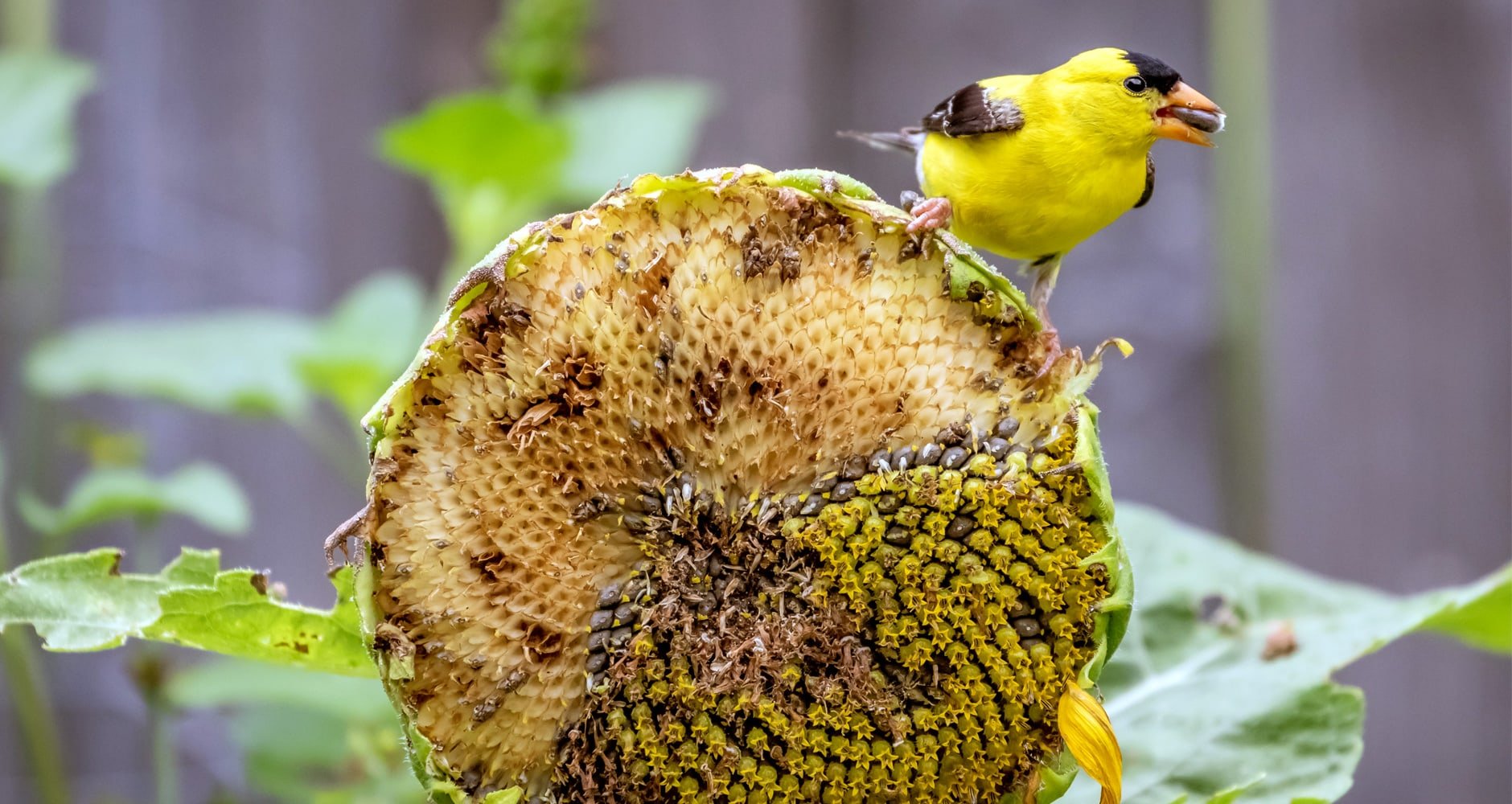
Fruits
When planting for birds, however, it is important to look beyond just seed-bearing blooms. Many birds enjoy fruit, including tree fruits as well as berries. Adding these plants to your birdseed garden will attract thrushes, waxwings, vireos, and other fruit-loving birds.
- Bayberry
- Beautyberry
- Dogwood
- Elderberry
- Holly
- Juniper
- Serviceberry
- Sumac
- Viburnum
Grains & Grasses
Grains and grasses are other seed-bearing plants that can add stunning accents to a birdseed garden, even without decorative blooms. Sparrows, quail, turkeys, towhees, and finches will all enjoy grasses and grains such as:
- Corn
- Feather reed grass
- Foxtail millet
- Pearl millet
- Sea oats
- Switchgrass
Nectar-Rich Flowers
Of course, nectar-loving hummingbirds aren’t interested in seeds, grain, or berries, but they will love tubular flowers filled with nectar. Adding a few nectar-rich flowers as bright accents to a birdseed garden will make the plot even prettier and attract more birds besides. Top flowers for hummingbirds include:
- Bee balm
- Bottlebrush
- Cardinal flower
- Firebush
- Fuchsia
- Red-hot poker
Ultimately, choose which flowers will work best in your landscape and attract the birds you most want to feed. By choosing flowers that will sprout seeds, fruit, grain, and nectar to feed birds, you’ll give your feathered guests a delicious meal without needing to refill and clean feeders or buy birdseed. Simply watch your garden grow, and watch all the hungry birds that enjoy the natural feast it provides.

Melissa Mayntz
Melissa Mayntz is a writer who specializes in birds and birding, though her work spans a wide range—from folklore to healthy living. Her first book, Migration: Exploring the Remarkable Journeys of Birds was published in 2020. Mayntz also writes for National Wildlife Magazine and The Spruce. Find her at MelissaMayntz.com.

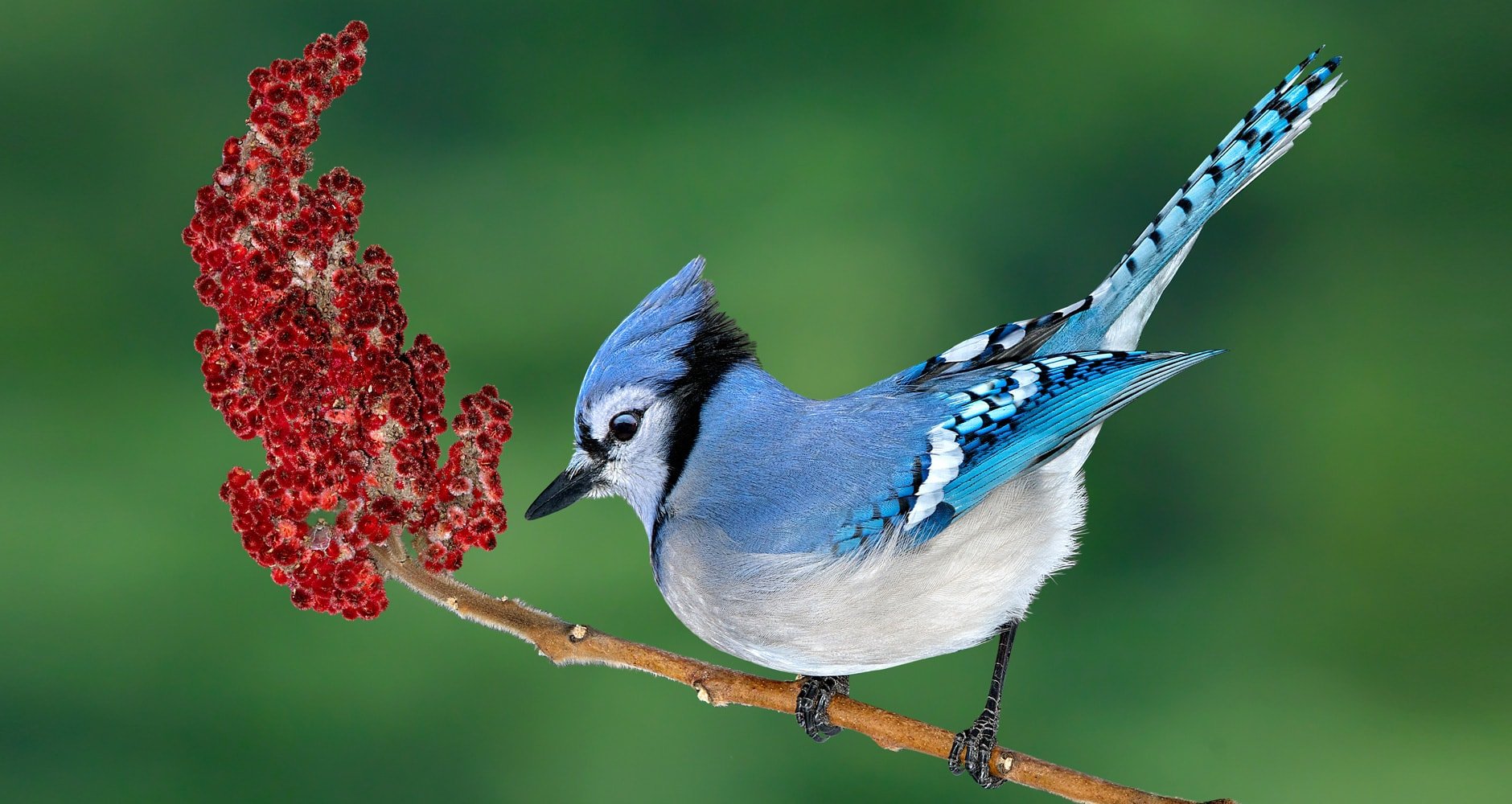
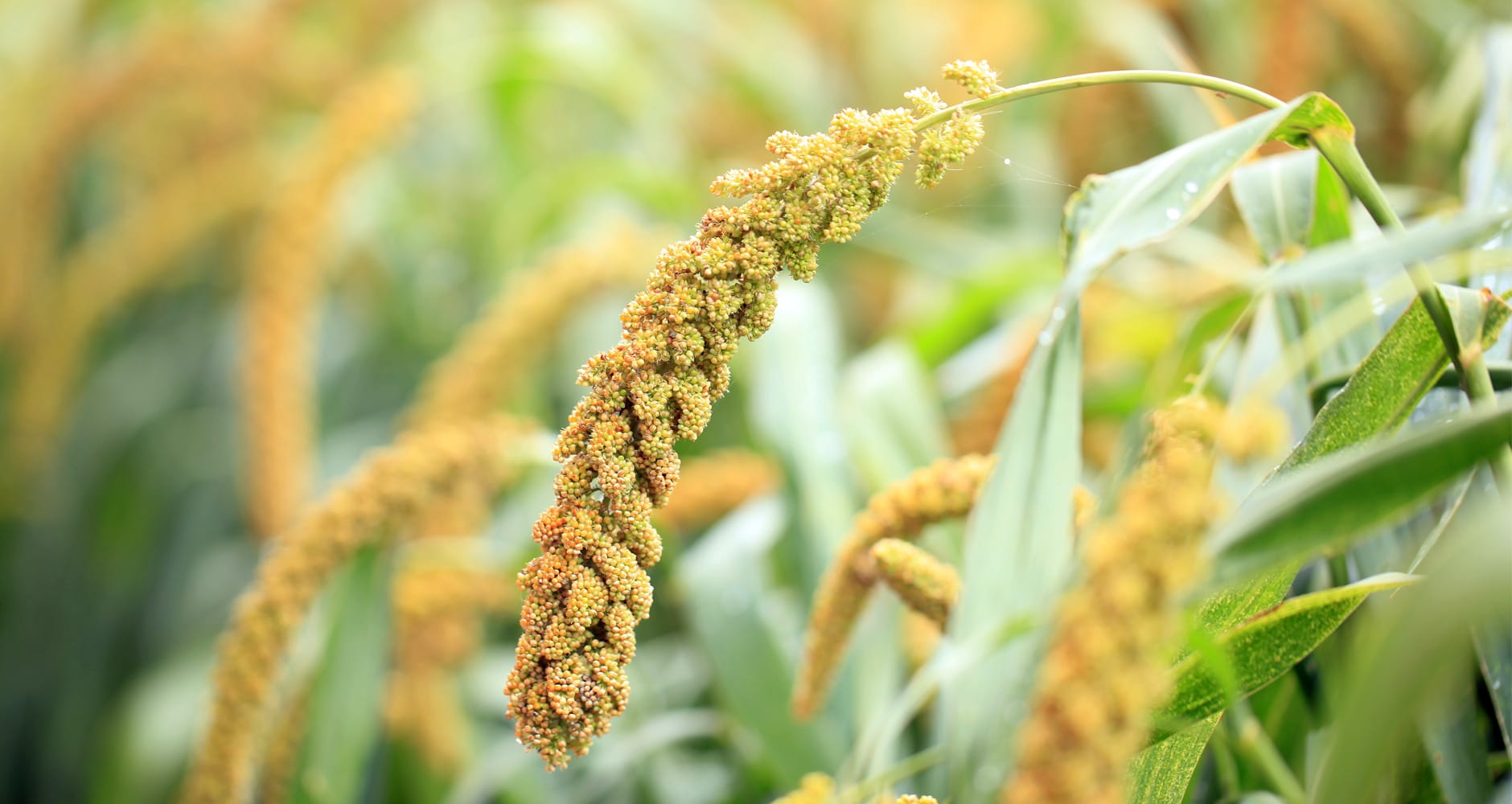
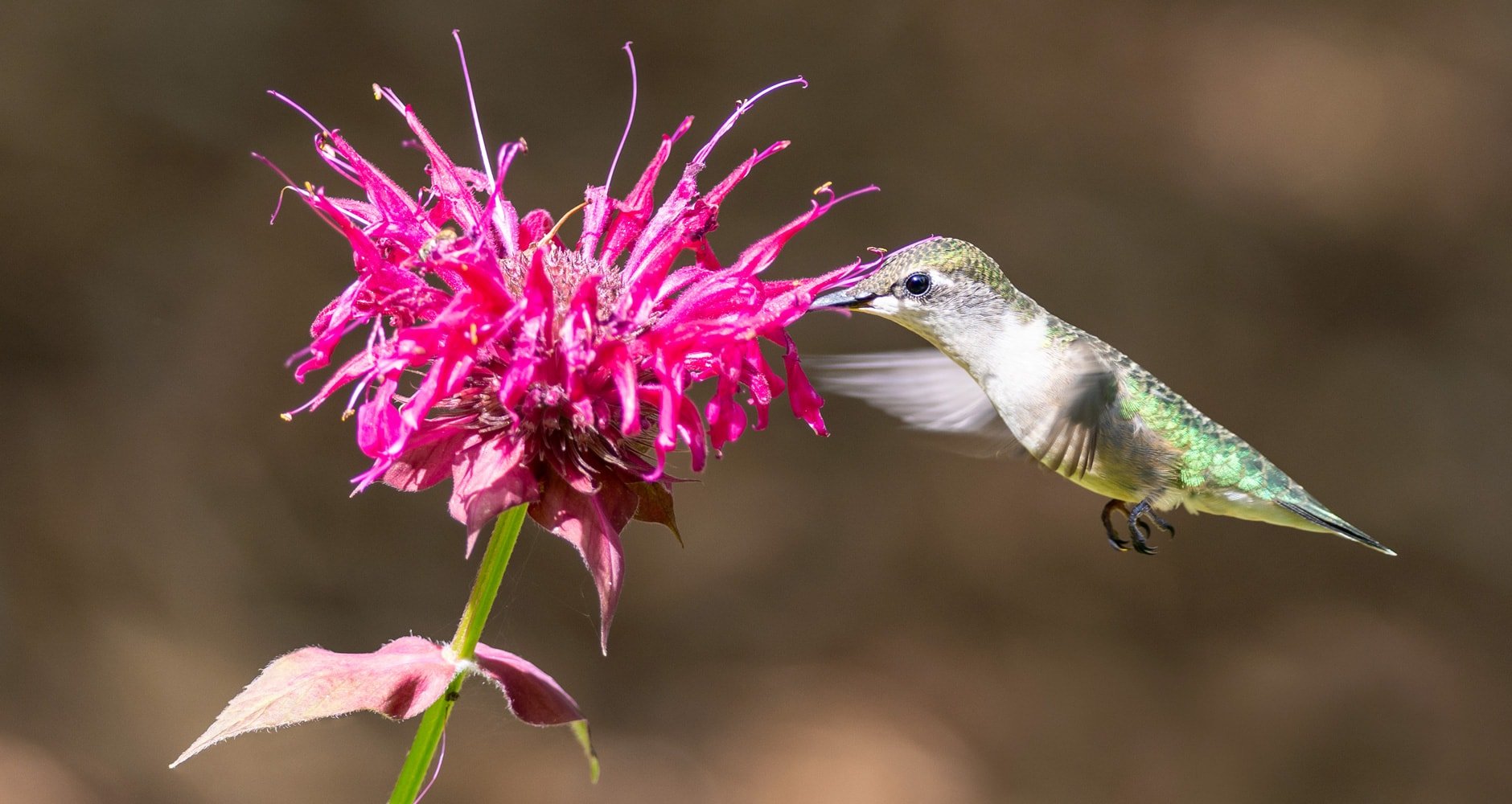

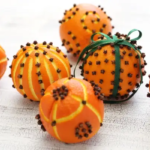
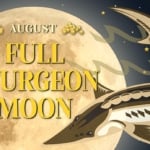
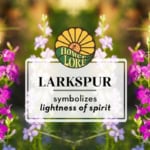

I have a cherry orchard in Washington. We have problems with bird damage in the orchard. I’m thinking about planting a bird food plot to maybe help. Robins and magpies are our main thieves. What can I plant that would give them a full belly in June?
Not a seed question but food question. What is attracted by meal worms? Put them out with seeds but are left on the feed tray.
Hi, there should be several birds that enjoy mealworms. According to our research, common birds include: Chickadees, titmice, nuthatches and more.
I would like to mention that i have several Sorbus Domestica trees in my yard and the birds such as robins, blue jays leaves these fruits on the trees until very late in the fall. They are also a very attractive trees. These trees are called “Cormier’s” in French. These trees provides beauty for your yard and great food for birds.
I love your worthwhile information and appreciate the fact that you are kind enough to share it with your reader.thank you so much.
Thank you! And thanks for reading our content and visiting our site!
Don’t forget crabapple trees!
Are you giving seeds away ?
Thank you so much for the list of plants that make seeds for birds. I wasn’t aware so many of the plants I have produce seeds. I grow lots of Black-eyed Susans, Coreopsis, Coneflower, Golden Rod “Fireworks,” and asters. I’m going to leave those plants standing for the winter so
birds can feed off them.
Beauty berries are pretty, but i haven’t seen any birds eat them. I don’t think it’s a top plant.
I’ve had a different experience. I bought a Beauty Berry full of berries from a Native Plant sale. ‘Sat it out in it’s container at dusk. By mid-morning half the berries were eaten. By afternoon, it was completely bare! The culprit? A shy Catbird! I have numerous feeders and water features for birds, and that’s the only time I’ve ever seen one. I’ve planted several more Beauty Berries, and can’t wait for them to fruit, so he’ll visit again.
I had Catbirds eating my berries. First time I had seen one. I live in Winter Park Fl.
What do they put on store bought bags of sunflower seeds,to keep them from getting buggy? Under my bird feeder I have a flower garden, that won’t even grow weed. The hauls build up over winter, even after removed nothing grows. Anybody know whats happening ?
Hi Shawnee, the sunflower seeds you are feeding your birds are not treated with weed killer. That would be poisonous to birds. In fact, it’s against the law to use pesticides on wild bird food. Scots Miracle Grow was fined $12.5 million in 2012 for violating this. Even if that wasn’t the case, weed killers don’t discriminate and would most likely kill your flower garden underneath the feeder as well. You must just be lucky that no weed seeds have taken root.
Sunflower seeds contain a natural toxin to inhibit growth of competing plants.
thesunflowers grew with the vegetables where the birds dropped them. no problems.